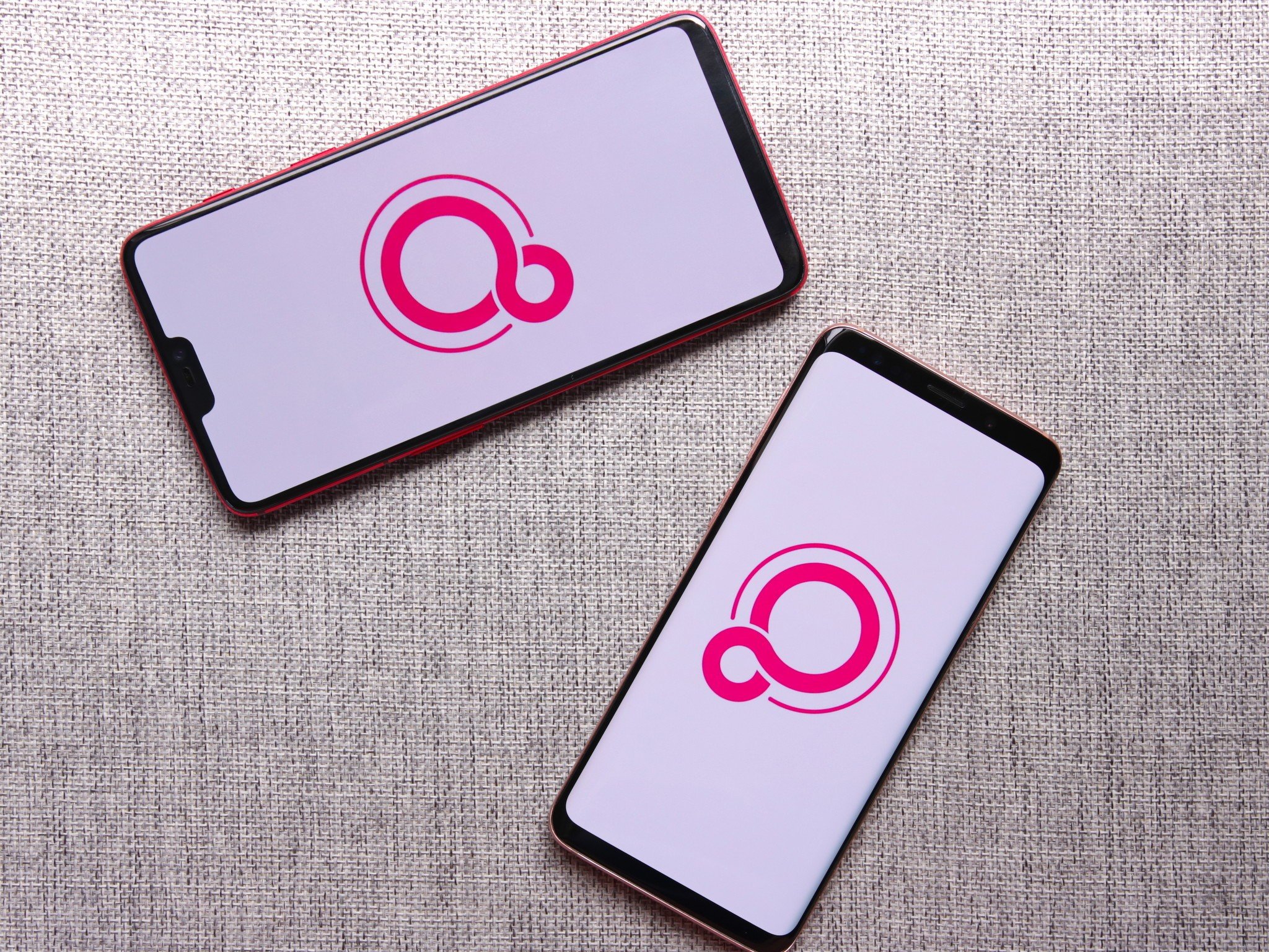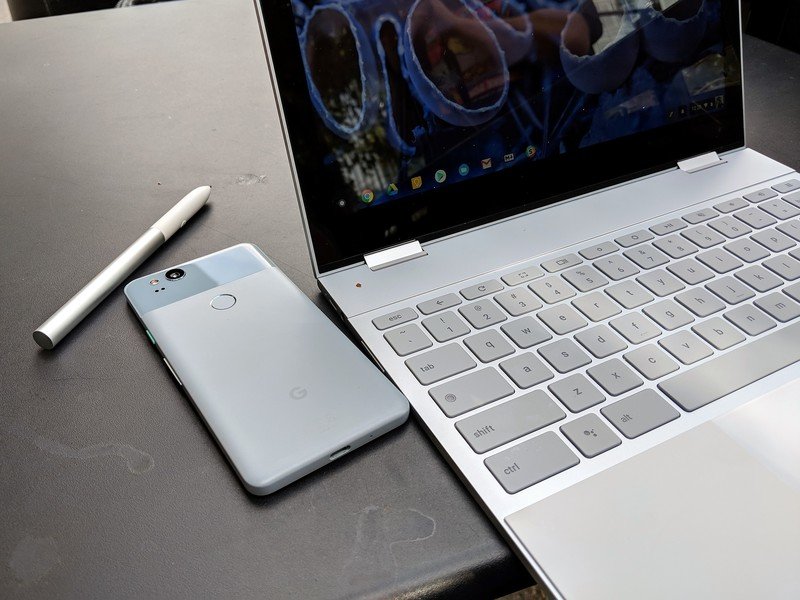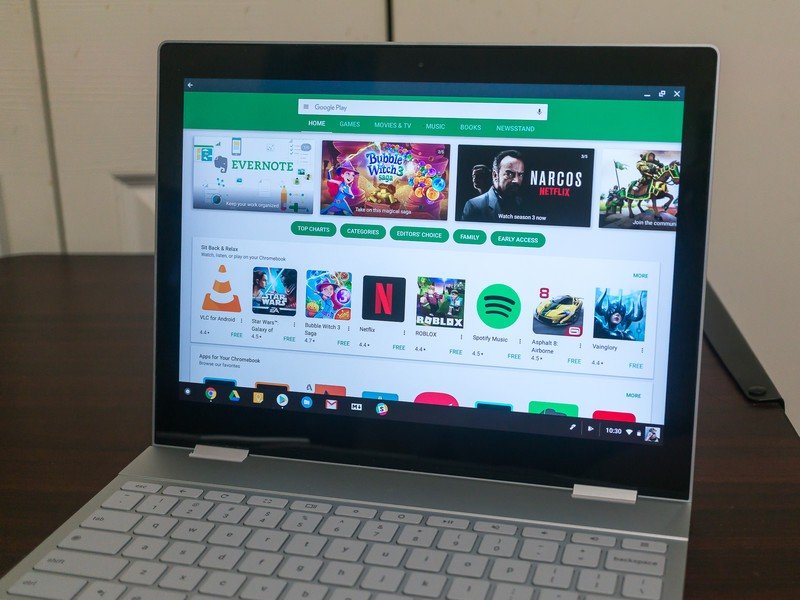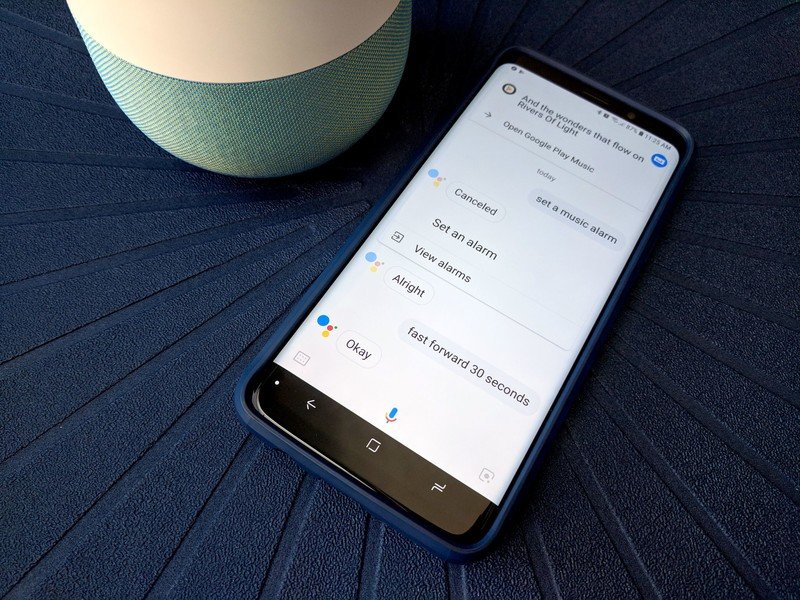Top 3 ways Fuchsia can be a better operating system than Android

For the past couple of years, there's been some talk about Google working on a mysterious new operating system by the name of Fuchsia. Fuchsia's an all-new platform that will eventually replace Android as we know and love it today, and last week, a report came out claiming that Google will begin rolling out products with the OS in three years and then start using it as a replacement for Android in five.
Google's since come out and denied those claims, but even so, it's likely that we are just a few short years out before Fuchsia slowly comes into the public eye.
If and when that happens, here's what I'm looking forward to the most in regards to it being Google's mobile OS of choice instead of Android.
Improved synchronization + simpler navigation across devices

As it stands right now, Google has a multitude of operating systems scattered across various hardware form factors. Mobile phones are powered by the full-fledged version of Android, televisions get Android TV, cars get Android Auto, smartwatches run on Wear OS, and desktops, laptops, and now tablets showcase Chrome OS.
There are a few efforts to help bring some sort of continuity between these operating systems, but at the end of the day, they all still feel like their own separate thing.
Fuchsia might be able to solve one of Android's biggest letdowns.
With Fuchsia, Google wants to have one single OS power all sorts of gadgets — including smartphones, smartwatches, computers, connected speakers, smart appliances, and much more.
If one single platform can be easily optimized for all kinds of tech, that'd theoretically result in a similar user experience across all of them. In my eyes, one of the biggest draws to this is a streamlined UI from device to device. Chrome OS and Android can both run Android apps, but they work entirely separate from one another. With Fuchsia, we could have phones and computers that run the same apps and have an interface that's the same, yet adaptable, depending on what you're using.
Be an expert in 5 minutes
Get the latest news from Android Central, your trusted companion in the world of Android
On a similar note, I like to imagine this use of one OS would also allow for better synchronization across devices. If I open a tab in Chrome on my Fuchsia phone, my Fuchsia computer should let me open that same one without skipping a beat. If I copy text on my computer, I should be able to paste it on my tablet.
These are things that Apple already excels at with Continuity across iOS and macOS, and with Fuchsia, Google would finally be able to start competing in this field.
More streamlined app design

While talking about Fuchsia being one OS to rule them all, another area in which I could see this being useful is with app design.
Android apps on phones look and feel great, but when running them on a Chromebook or tablet, they can often feel stretched out and misplaced.
Assuming applications have that same adaptability across devices the way Fuchsia does, this would allow for better app design on a multitude of screen sizes. That means no more being forced to use Instagram in portrait mode on tablets and a Hulu app for your TV that's not a steaming pile of garbage (I'm looking at you, Android TV).
Deeper, more powerful voice control

In Bloomberg's report that surfaced, it's said that one of the big focuses for Fuchsia is deeper, more powerful voice control even compared to what we have today with the Google Assistant.
At the moment, Android, which was developed when phones were just beginning to use touchscreens, is also not built to handle the type of voice-enabled apps that Google sees as the future of computing. So Fuchsia is being developed with voice interaction at its core.
Google Assistant is already one of the most powerful voice control systems around, allowing you to easily and naturally ask for the weather, set alarms, make calls, and much more. Google has search-based questions and simple tasks under its belt, but with Fuchsia, it sounds like voice will be taken a step further so that you can perform deeper, more complicated actions without having to touch anything.
It's unclear how far Google will go with this, but imagine being able to archive emails, log your water in Fitbit, compose tweets on Twitter, and more by just talking to your devices.
Tapping on apps and using our fingers to navigate is natural right now, but who knows what'll happen in 5-10 years. If Fuchsia goes according to plan, voice could easily become the go-to input method and change the mobile landscape as we know it.
What are you hoping to see?
With all that said, what are you hoping to see in Fuchsia? We're still quite a few years off before Google puts this in the public eye, but even so, it doesn't hurt to look ahead and dream about what could be.
Joe Maring was a Senior Editor for Android Central between 2017 and 2021. You can reach him on Twitter at @JoeMaring1.

